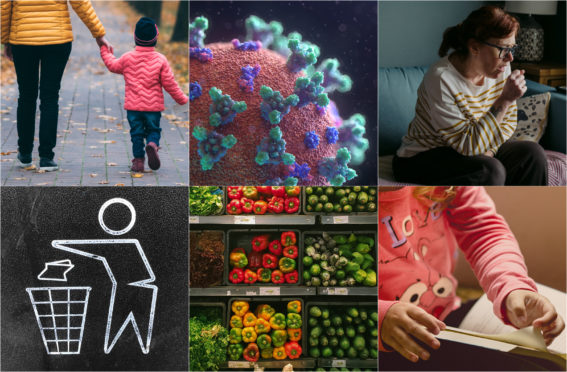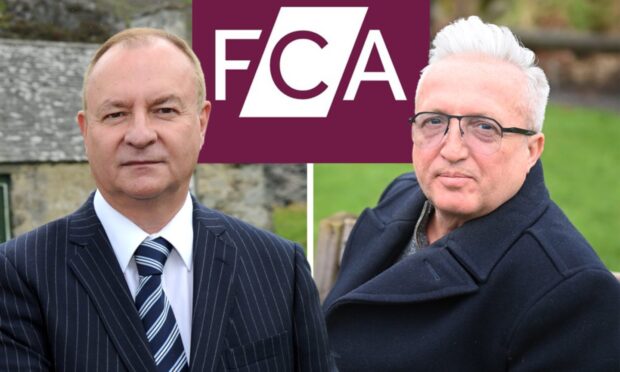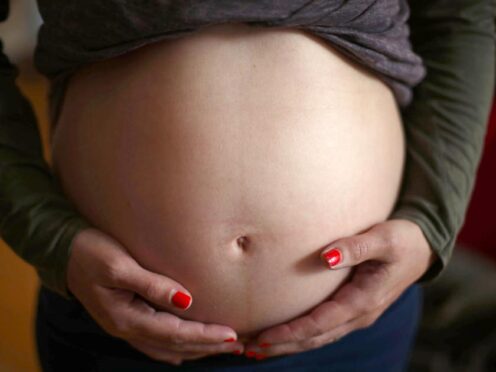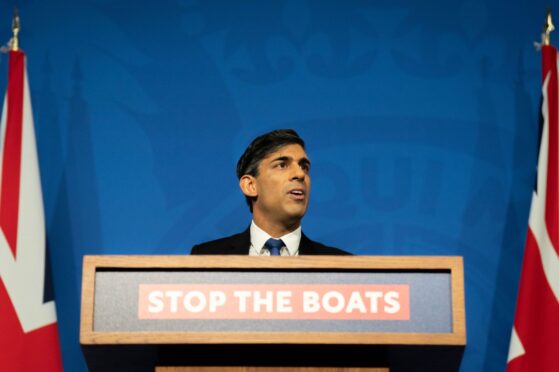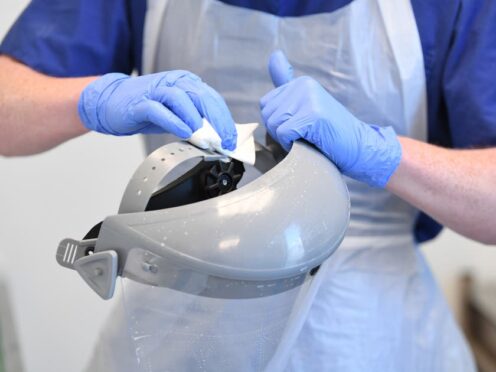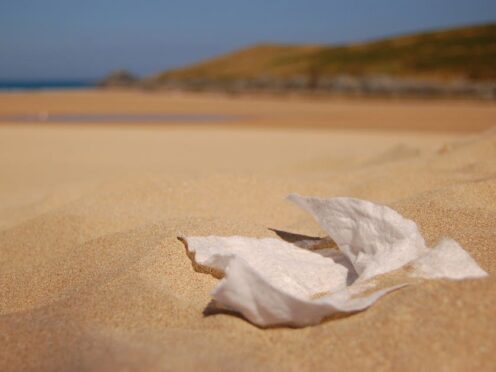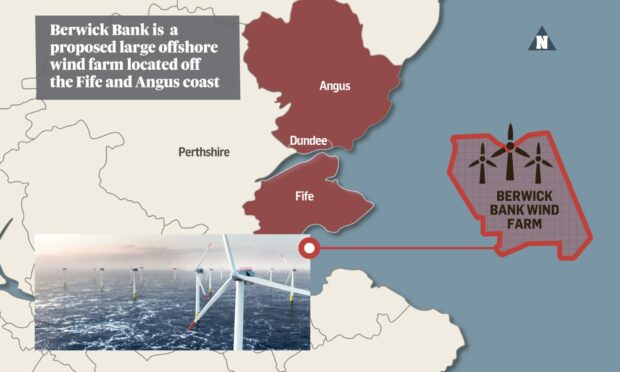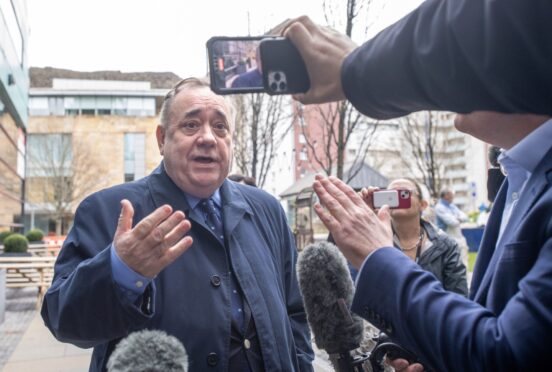With measures to tackle the spread of the coronavirus changing by the day, we take a look at the latest instructions on what to do if you get sick, when you can leave the house and who can go to work.
The government has stressed that the single most important action we can all take, in fighting the virus, is to stay at home in order to protect the NHS and save lives.
In this article we cover:
What are the symptoms of a Covid-19 infection?
What should you do if you have symptoms of Covid-19?
What should you do if you need medical help for another reason (non-coronavirus related)?
Should the people you live with self-isolate if you develop symptoms?
Where do I get an isolation note to give to my employer?
Under the new rules announced on Monday, when can you leave the house?
What shops and public spaces have closed?
What shops and public spaces will remain open?
Who can travel to work?
Can children of divorced parents travel to see both of them?
Will bin collections still take place?
What to do with your rubbish if you have Covid-19 symptoms?
How long will these measures last?
What are the symptoms of a Covid-19 infection?
The most common symptoms to look out for are a new continuous cough and/or a fever/high temperature of 37.8C or greater.
A new continuous cough is where you:
- have a new cough that’s lasted for an hour
- have had three or more episodes of coughing in 24 hours
- are coughing more than usual
A high temperature is where you:
- Feel hot to the touch on your chest or back (you don’t need to measure your temperature).
- You may feel warm, cold or shivery.
What should you do if you have symptoms of Covid-19?
If you have developed symptoms in the last seven days, stay at home for seven days from the start of your symptoms, even if these are mild. Do not go to your GP, pharmacy or hospital.
An online guide is available here, if you believe you have developed any of the symptoms and are worried about coronavirus.
Patients with coronavirus symptoms are now asked to dial NHS 24 on 111, day or night, if their symptoms worsen or do not improve after seven days. They should not go to their GP, pharmacy or hospital.
If you have coronavirus symptoms and need help, from now on you should dial 111, not your GP.
You only need to call 111 if your symptoms worsen and are unmanageable, or do not improve after 7 days.
The health advice you need on coronavirus is here ➡️ https://t.co/l7rqArB6Qu pic.twitter.com/pXICfXLuun
— Scottish Government (@scotgov) March 23, 2020
You should also phone 111 if you develop breathlessness or it worsens, especially if you:
- are 70 years or over
- have underlying poor health
- have heart or lung problems
- have a weakened immune system, including cancer
- have diabetes
Callers to the 111 helpline will be assessed and, if necessary, transferred to a local community hub staffed by clinicians from across the healthcare system.
Depending on their assessment, patients may be given advice to help them continue self-isolating at home or be given an appointment to attend a local assessment centre for further treatment.
If you don’t have symptoms and are looking for general information on coronavirus, call NHS Inform’s free helpline: 0800 028 2816.
If you are asking about symptoms on behalf of someone else, please make sure the person is:
- conscious and alert
- responding normally to you
If not, phone 999 and ask for an ambulance and tell them that you’re concerned about coronavirus.
What should you do if you need medical help for another reason (non-coronavirus related)?
If you need medical help not related to coronavirus, do not go to places like a GP surgery, pharmacy or hospital.
Patients should continue to telephone their GP when open and not call NHS 24.
In the out of hours period, when displaying symptoms other than coronavirus, you should only call 111 if you need urgent assessment and cannot wait until your GP is open.
For life-threatening emergencies, call 999 for an ambulance.
Patients with scheduled hospital or GP appointments during this period are asked to talk to their GP or clinician to ensure they continue to receive the care they need and to consider whether appointments can be postponed.
Should the people you live with self-isolate if you develop symptoms?
If you live with other people and have symptoms, they will need to stay at home for 14 days from the start of your symptoms even if they don’t have symptoms themselves.
If they develop symptoms within the 14 days, they need to stay at home for a further seven days from the day their symptoms began. They should do this even if it takes them over the 14-day isolation period.
Where do I get an isolation note to give to my employer?
You can send an isolation note to your employer as proof you need to stay off work because of Covid-19.
You do not need to get a note from a GP.
If you have to stay at home but feel well enough to work, ask your employer if you can work from home. If you can work from home, you will not need an isolation note.
To get an isolation note, visit this link.
Under the new rules announced on Monday, when can you leave the house?
The government is asking the public to reduce day-to-day contact with other people to reduce the spread of the infection.
A vital update on #coronavirus from @CMO_England:
You MUST now:
▶️ Only go out when absolutely necessary for food, medicine, work or exercise
▶️ Always stay 2 metres apart 🚶🏾♀️↔️🚶🏾♂️❌ Do NOT meet others outside your household, even friends and family pic.twitter.com/xTA9ySPND7
— Department of Health and Social Care (@DHSCgovuk) March 24, 2020
This requires people to stay at home, except for limited purposes:
- Shopping for basic necessities: for example food and medicine. Trips must be as infrequent as possible.
- One form of exercise a day: for example a run, walk or cycle – alone or with members of the same household.
- Any medical need, such as visiting a doctor or hospital, or to provide care or to help a vulnerable person.
- Travelling to and from work, but only where this absolutely cannot be done from home.
What shops and public spaces have closed?
Last week, the government ordered certain businesses – including pubs, cinemas and theatres – to close.
These restrictions have been extended to all non-essential businesses and other venues, including:
- all non-essential retail stores: clothing and electronics, hair, beauty and nail salons; and outdoor and indoor markets, excluding food markets
- libraries, community centres and youth centres
- indoor and outdoor leisure facilities, such as bowling alleys, arcades and soft play facilities.
- communal places within parks, such as playgrounds, sports courts and outdoor gyms.
- places of worship, except for funerals by immediate families.
- hotels, hostels, bed and breakfasts, campsites, caravan parks and boarding houses for commercial/leisure use (excluding permanent residents and key workers).
What shops and public spaces will remain open?

Shops permitted to stay open include supermarkets and other food shops, health shops, pharmacies, petrol stations, bicycle shops, home and hardware shops, launderettes and dry cleaners, garages, car rentals, pet shops, corner shops, newsagents, post offices and banks.
Parks will remain open for exercise, but playgrounds and outdoor gym spaces will be closed.
Who can travel to work?
The Prime Minister said people can travel to work “only where this is absolutely necessary and cannot be done from home”.
It means that some people who are not classed as key workers are still using public transport and travelling to get to their jobs.
Answering questions on unclear advice for the construction industry, Cabinet Office Minister Michael Gove said all major construction work should go ahead but jobs carried out at close quarters in someone’s home would not be appropriate.
But in Scotland, First Minister Nicola Sturgeon said construction sites should close, unless it involves an essential building such as a hospital.
Last week, the government issued a list of key workers to establish whose children can still go to school after the closures.
This list includes: doctors, nurses, supermarket staff delivery drivers and some teachers as well as people in some public and government work and financial services.
Can children of divorced parents travel to see both of them?
Children under the age of 18 who live with separated parents will be able to travel to see both of them, Mr Gove has said.
There was some confusion over the government guidance when Mr Gove appeared on Good Morning Britain on Tuesday, and said: “Children should stay in the household that they are currently in. We should not have children moving between households.”
However, he later tweeted that this “may be necessary” when children who are under 18 move between separated parents.
I wasn’t clear enough earlier, apologies. To confirm – while children should not normally be moving between households, we recognise that this may be necessary when children who are under 18 move between separated parents. This is permissible & has been made clear in the guidance https://t.co/Y3DTdIFo4M
— Michael Gove (@michaelgove) March 24, 2020
Will bin collections still take place?
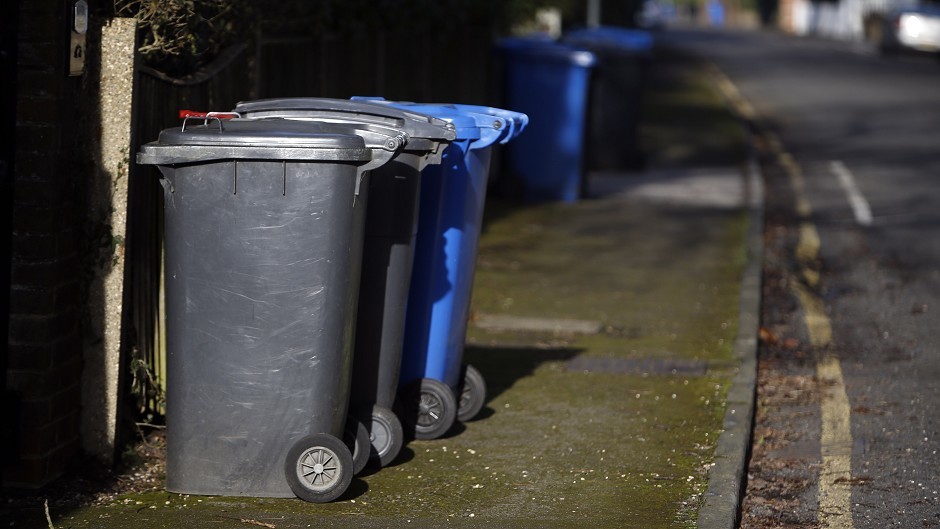 Dundee
Dundee
Dundee City Council could suspend waste collections at short notice as they deal with the growing impact of the coronavirus.
Special collection bulky services have been temporarily suspended to allow other services to be prioritised.
Angus
Bin collections still operating but all recycling centres have been closed.
Fife
All bin collections are currently operating as normal, with bins to be put out at 6am on the day of collection.
All recycling centres are currently closed following the government announcement that the public should stay at home.
Bulky waste uplifts are suspended until further notice.
Perth and Kinross
There are currently no changes to service. Ensure bins are kerbside, or waste is in the agreed uplift location, for 7.30am as there may be changes to usual collection times.
The council will be closing all nine of its recycling centres, saying protecting the health of its staff and the public is paramount.
Items you would normally dispose of at a recycling centre should be stored securely until services resume.
What to do with your rubbish if you have Covid-19 symptoms?
All contaminated waste (for example tissues, cleaning cloths, wipes and masks) must be double-bagged and both bags used tied. Double-bagged waste must be kept for 72 hours in a place that can’t be accessed by other people or pets, before putting the double-bagged waste in your non-recyclable waste bin. The bins can be put out for collection as normal.
How long will these measures last?
The measures are effective immediately and will last for at least three weeks. They will then be reviewed and relaxed if the government thinks it is possible and safe to do so.
In his address, the Prime Minister said “police will have the powers to enforce” the rules, and can issue £30 fines and dispersal orders.
More questions?
If you have more questions, or there are issues you want us to investigate, get in touch now at digital@thecourier.co.uk
